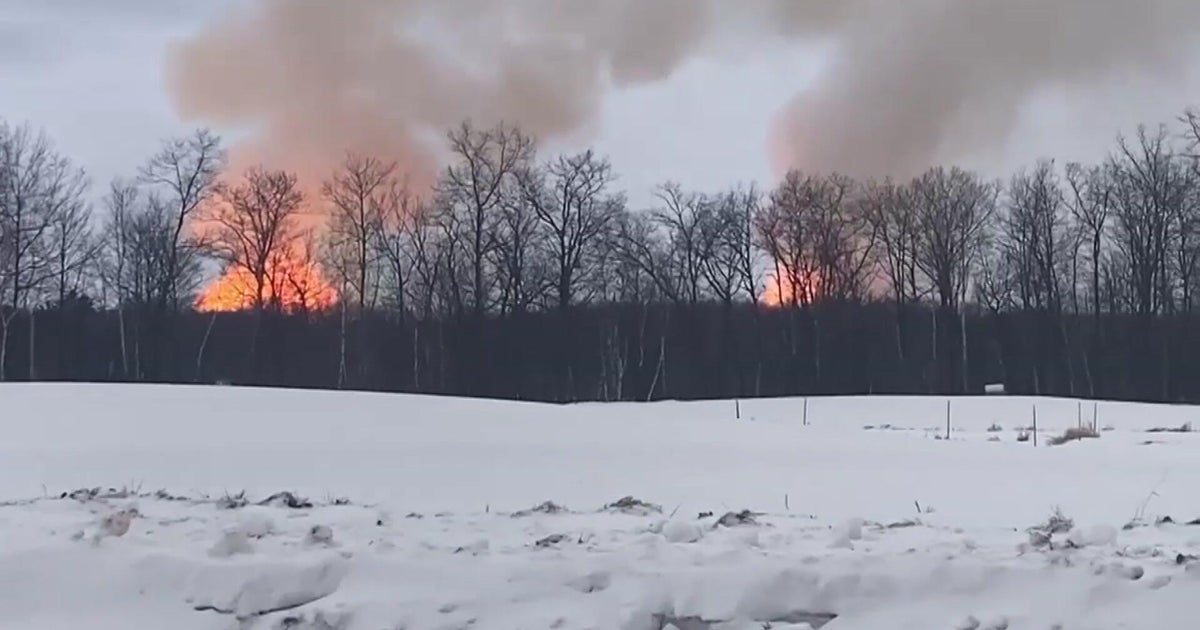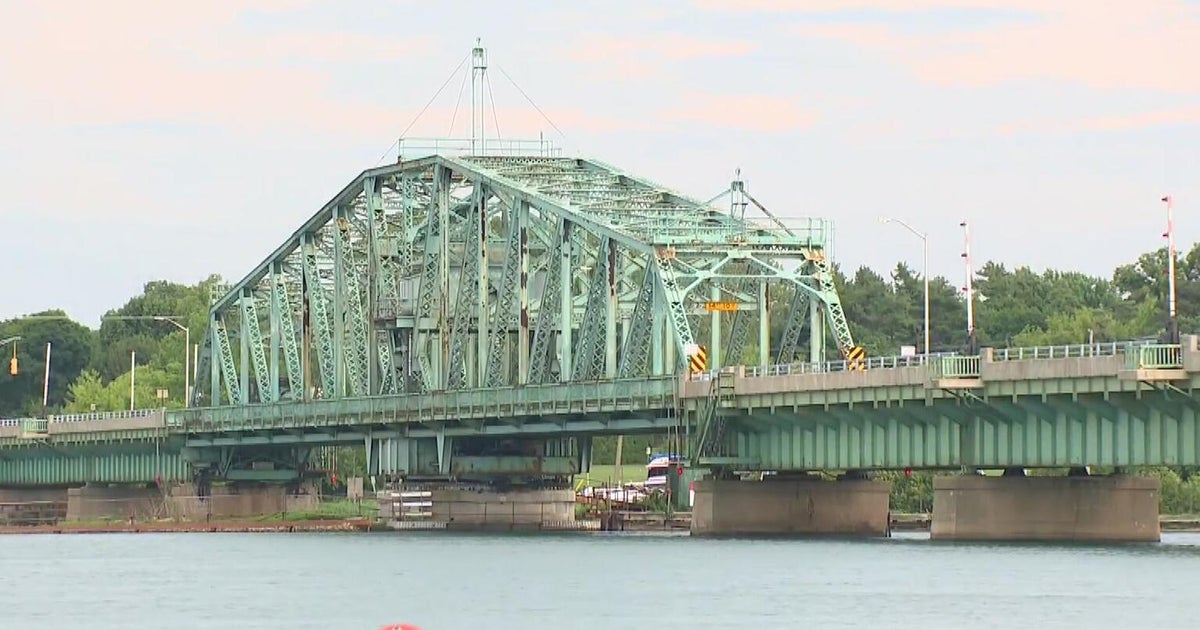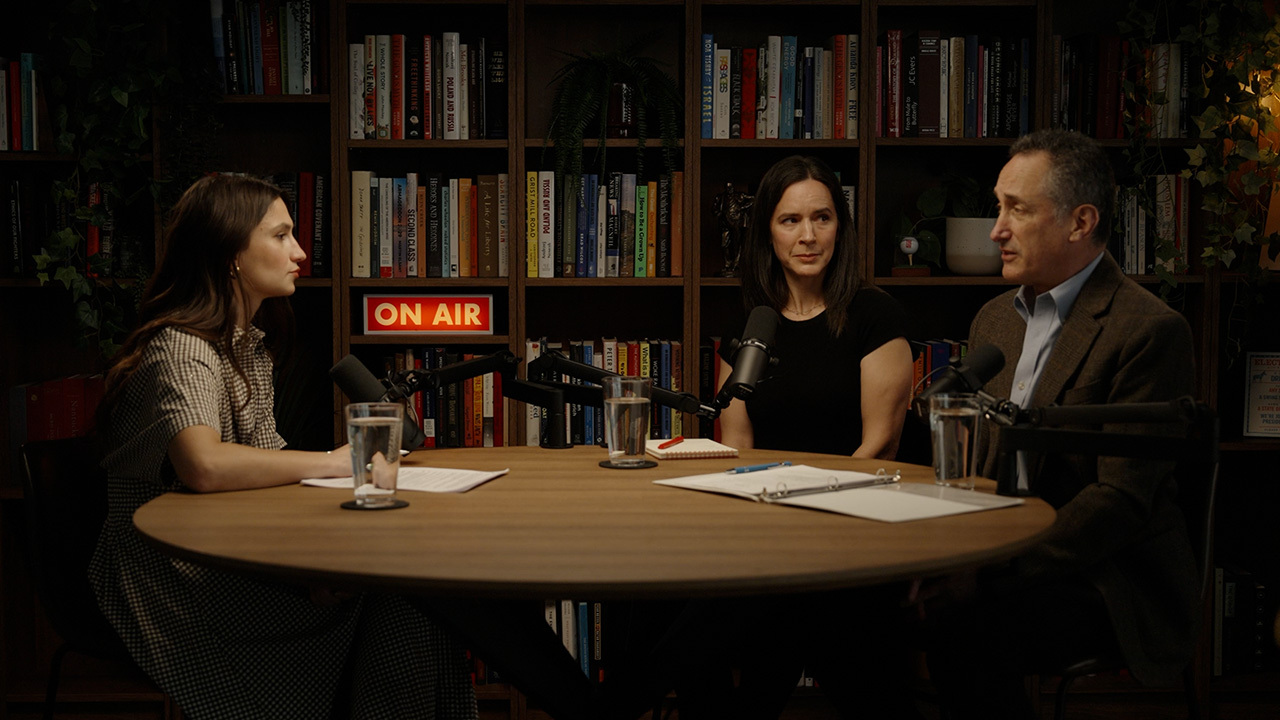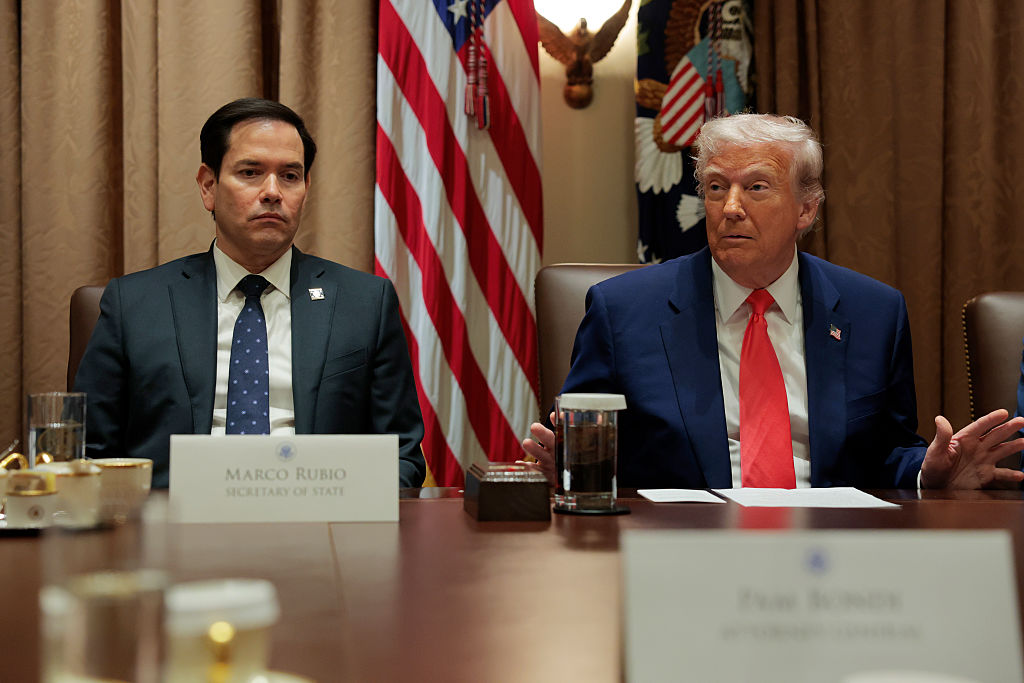Soil to soil? Washington is the first state to legalize composting bodies
- Washington state is the first to legalize composting as an alternative to casket burial or cremation.
- Cost is estimated at $5,500, more than typical cremation, but less than a traditional casket burial.
- The law passed with wide bipartisan support, although the Roman Catholic Church was among the opposition.
- Recompose, the company pioneering the method, plans to open in Seattle at the end of 2020 and license new locations.
Washington is the first state in the nation to legalize composting as an alternative to burying or cremating human remains, offering "natural organic reduction" including composting. Pegged as a greener method of burial than caskets or cremation, supporters say the option could find a foothold in the $20 billion funeral industry.
The process, pioneered for humans by Seattle-based company Recompose, involves placing bodies in "vessels" and using wood chips and straw to turn the bodies into about two wheelbarrows of soil within a month. Loved ones and families can keep the new material to spread or even use it to plant vegetables or a tree.
Ancient method
Land for burying the dead, especially in cities, is harder to find because of an aging population that's pushing up the death rate. That's partly why cremation is increasing in popularity and expected to account for 80% of all burials by 2035.
But environmental concerns -- such as the carbon emissions from cremation -- are coming into play. More than half of those surveyed recently by the National Funeral Directors Association said they would be interested in exploring "green" funeral options because of potential environmental benefits and lower costs, among other reasons.
Composting is an ancient method of laying humans to rest, although it hasn't yet caught on in the U.S. Some ranchers use it for recycling cattle, which is the method adapted by scientists working with Recompose.
The new Washington state law also legalizes alkaline hydrolysis, a method that uses heat, pressure, water and chemicals such as lye to process remains. At least 19 states already allow that method, sometimes called liquid cremation, according to the Associated Press.
$5,500 cost
Recompose plans to offer its process by the end of 2020 at an estimated cost of roughly $5,500 per burial, less than a traditional casket funeral but more than typical cremation, CEO Katrina Spade told CBS MoneyWatch.
The company website shows atrium-like space where bodies are composted in compartments stacked in a honeycomb design. Families will be able to visit, providing an emotional connection typically missing at crematoriums and "do what feels right for them," Spade said.
Recompose is also is working on a prepaid plan for potential future customers. So far, interest is strong, with about 10,000 people receiving its newsletter, Spade said.
"Green" burials
Cemeteries across the country are already allowed to offer natural or "green" burials, by which people are buried in biodegradable shrouds or caskets without being embalmed.
Spade developed the idea and brought it Washington after writing her master's thesis on urban burials for a graduate degree in architecture. She started the Urban Death Project in 2014, a nonprofit which evolved into Recompose.
Recompose now follows a small-business model called a public benefit corporation. It mandates that in addition to making profit for stakeholders, the company produces a positive benefit for society.
"The idea is, really, that we care as much about the environmental impact we're making as we do creating profits for our shareholders," Spade said.
She's currently raising about $7 million from potential investors. Recompose aims to open by the end of 2020, after the Washington law goes into effect next year. Recompose will start with 20 to 25 vessels with plans to reach 75, a number that can accommodate about 800 bodies a year, Spade said.
Eventually, the company wants to license the technology, offering a burial method across the U.S. alongside traditional caskets and cremation, she said.
Opposition
Often, paperwork around death in the U.S. is very specific, and includes only options for burial or cremation. The U.S. Federal Trade Commission lays out precise regulations like pricing that the industry must follow. Specific and clear compliance instruction for funeral homes was a concern among lawmakers crafting the final version of the bill.
Rob Goff, executive director of the Washington State Funeral Directors Association told the Seattle Times that Spade faced serious questioning at the WSFDA spring meeting.
"I think some people were fine with it, others were not so fine with it, but it all boils down to personal choice for the families we're serving," Goff told the paper.
Sen. Jamie Pedersen, the Seattle Democrat who sponsored the measure, said he did get some angry emails from people objecting to the idea. "The image they have is that you're going to toss Uncle Henry out in the backyard and cover him with food scraps," Pedersen said.
The Catholic Church also opposed the the law on "dignity" concerns, according to the Los Angeles Times, citing a letter sent to legislators. Pedersen said he believes the process will be respectful.
The bill had strong bipartisan support in both the state's House and Senate chambers. It was signed into law by Gov. Jay Inslee, who has made environmental issues the cornerstone of his campaign for president.
-- The Associated Press contributed to this report





